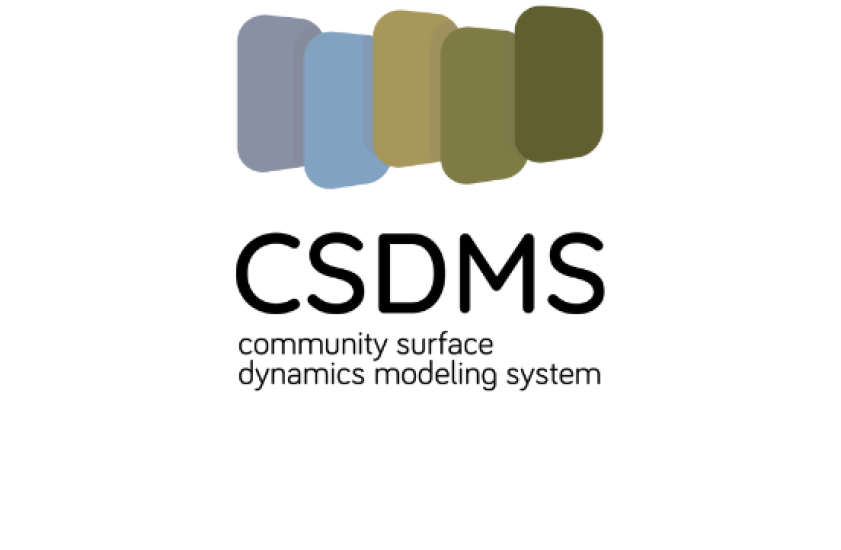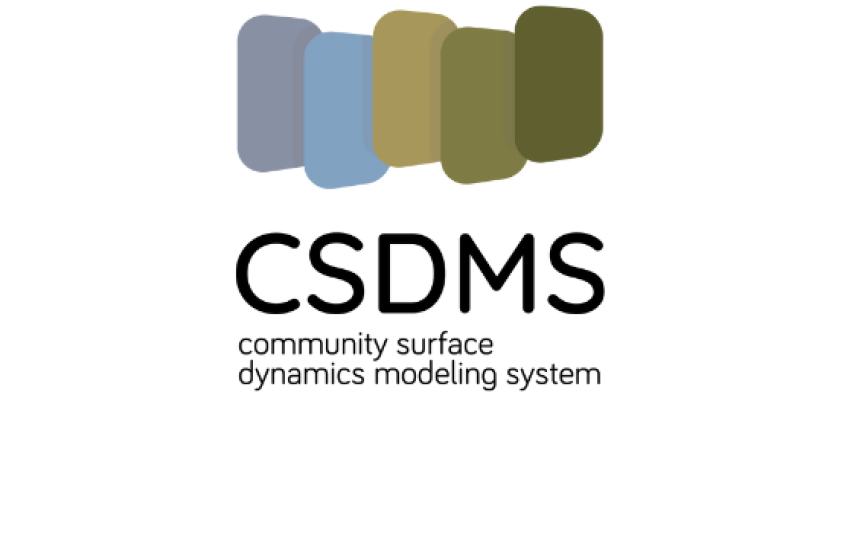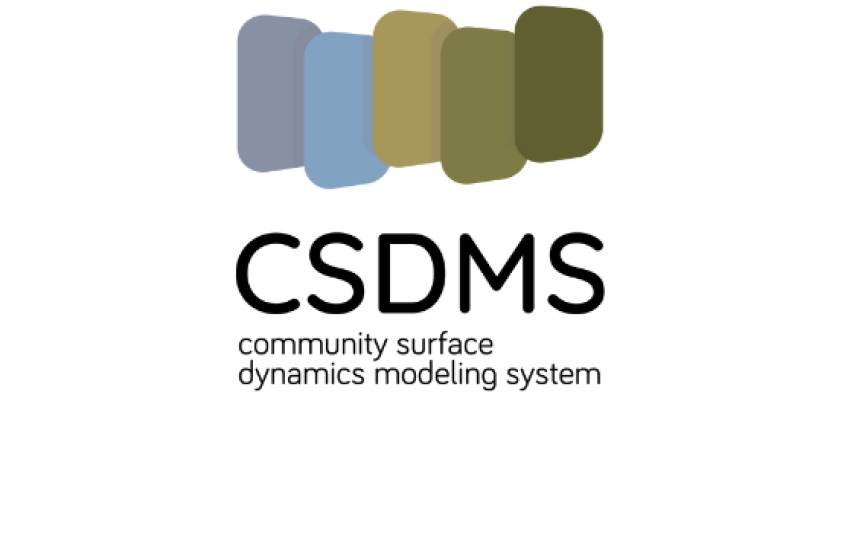
Next-Generation Modeling CI
A new Integrative Cyberinfrastructure Framework (ICF) is being developed to advance the scientific modeling of human and natural systems. This framework will enhance modeling science by integrating human expertise and cutting-edge technology. Key features include:
1. Software Tools to improve model code reuse, integration, and validation
2. High-Throughput Computing (HTC) for running multiple model iterations to explore stochastic variability, parameter spaces, and use case scenarios.
3. Online Training to help researchers effectively use cyber tools and HTC resources.
4. Global Community Engagement community to promote best practices and innovative research.
Through collaboration with Network for Computational Modeling in Social and Ecological Sciences (CoMSES.Net), the Community Surface Dynamics Modeling System (CSDMS), and Open Science Grid, CUAHSI will contribute to the next generation of cutting-edge science and collaboration.
Intellectual Merit
The proposed ICF is designed to support and advance next generation, interdisciplinary science of the complexly interacting social and natural processes that drive Earth's dynamics critical to human life and well-being. Computational models have emerged as powerful scientific tools for understanding coupled social-bio-geophysical systems and generating forecasts about future conditions under a range of climate, biogeophysical, and socioeconomic conditions. CoMSES.Net enables open access of computational models among an international community of social and ecological scientists, but the full value of accessible, well-documented models only can be realized if their code is also widely reproducible and reusable, with a potential for integration with other models. In order to confront critical challenges for understanding of the coupled human and natural systems of today's world, modeling scientists also need HTC environments for upscaling models and exploring high-dimensional parameter space inherent in representing these systems. The proposed ICF is designed to meet these challenges to making modeling more useful for understanding the complexly coupled human and natural systems that dominate our world by facilitating 1) code reusability for scientific inquiry and in support of decision-making, 2) more effective use of model integration protocols, 3) running models at much larger scales than hitherto available.
Broader Impacts
By integrating technology with intellectual capacity-building, the proposed ICF aims to stimulate innovation and diversity in modeling science by letting creative researchers build on each other's work and combine it in new ways to address socio-environmental challenges we have not yet perceived. These tools and training resources will be openly accessible not just to leading research institutions but also to the many other smaller colleges, state and local governments, and a broader audience beyond science. It gives decision-makers and the data scientists who support them access to a much larger and more varied toolkit with which to explore potential solution spaces to social and environmental policy issues. The proposed ICF is also designed to help transform scientific modeling practice, including incentives that can help early career researchers shift from creating models only to solve problems specific to a particular project to models that are also useful for others. Finally, a long-term aim is supporting an evolving ecosystem of diverse, reusable, and integrable, models that are transparently accessible to anyone in the world. Sustainable planetary care and management is not just the purview of a small cadre of first world specialists, no matter how well intentioned. It is a challenge that confronts all of humanity. We need the knowledge, histories, methods, perspectives, and engagement of researchers, decision-makers, and private citizens throughout the world if we are to succeed in this grand challenge. We aspire to help create an environment where these can come together to improve human well-being and to envision and plan a better future.






